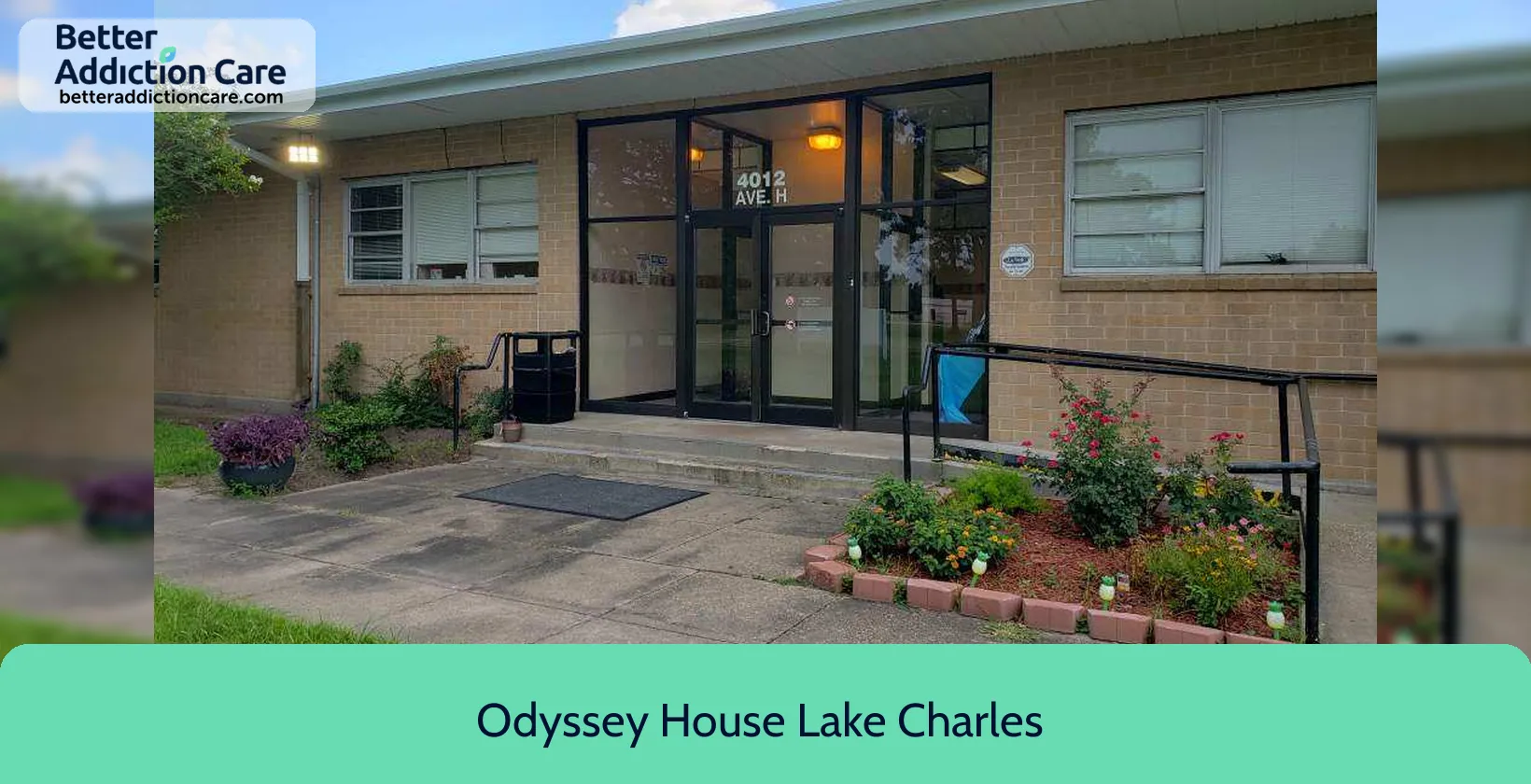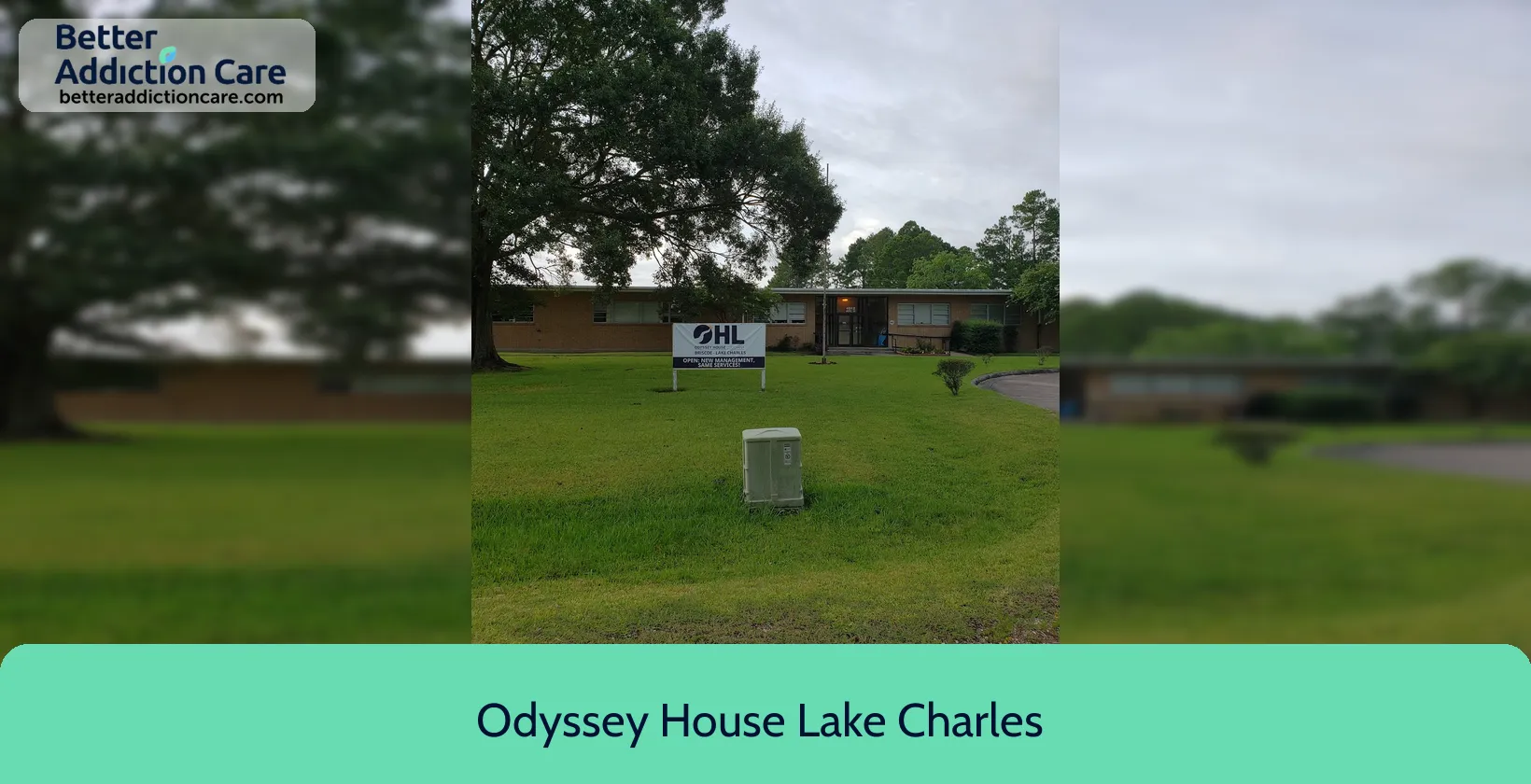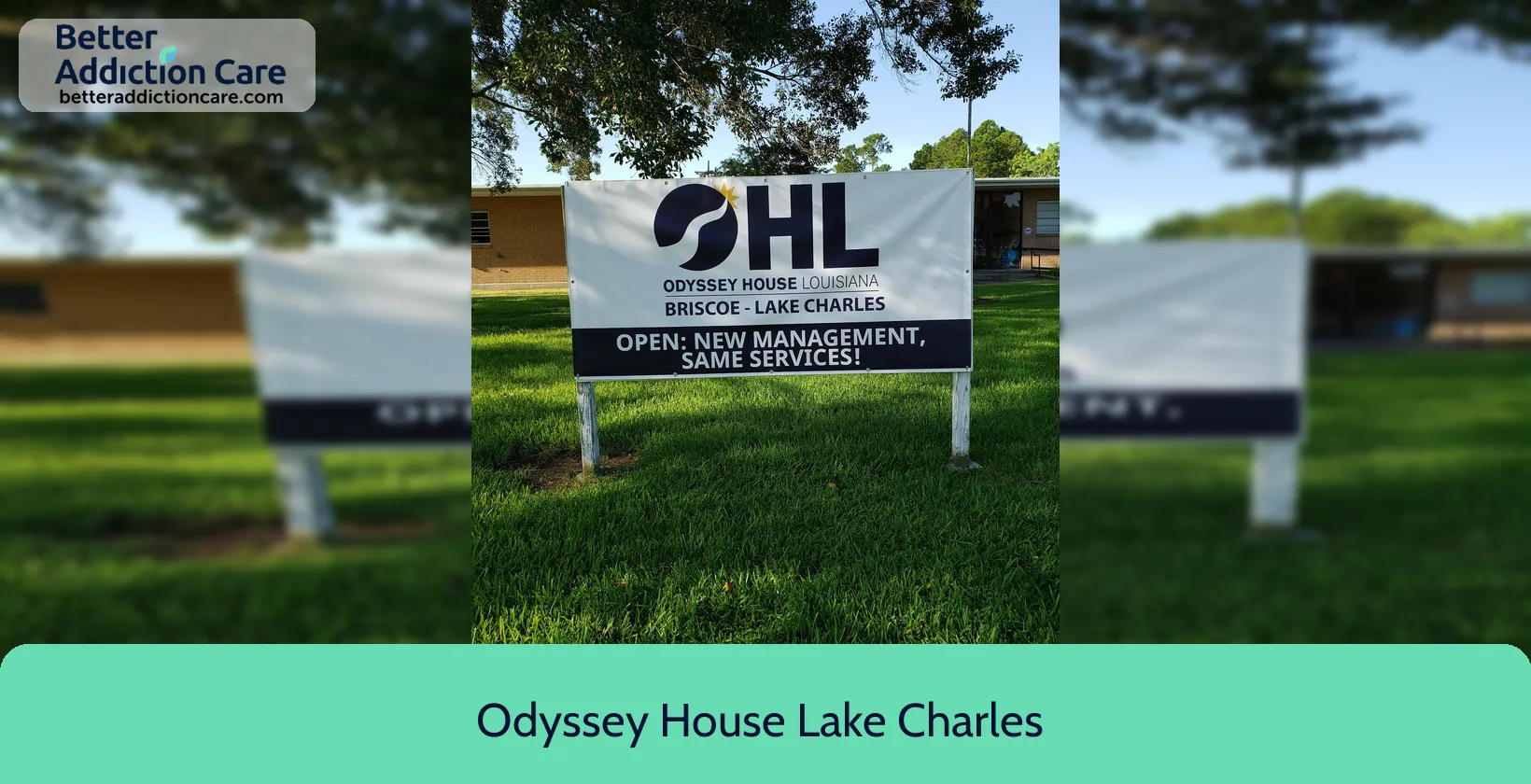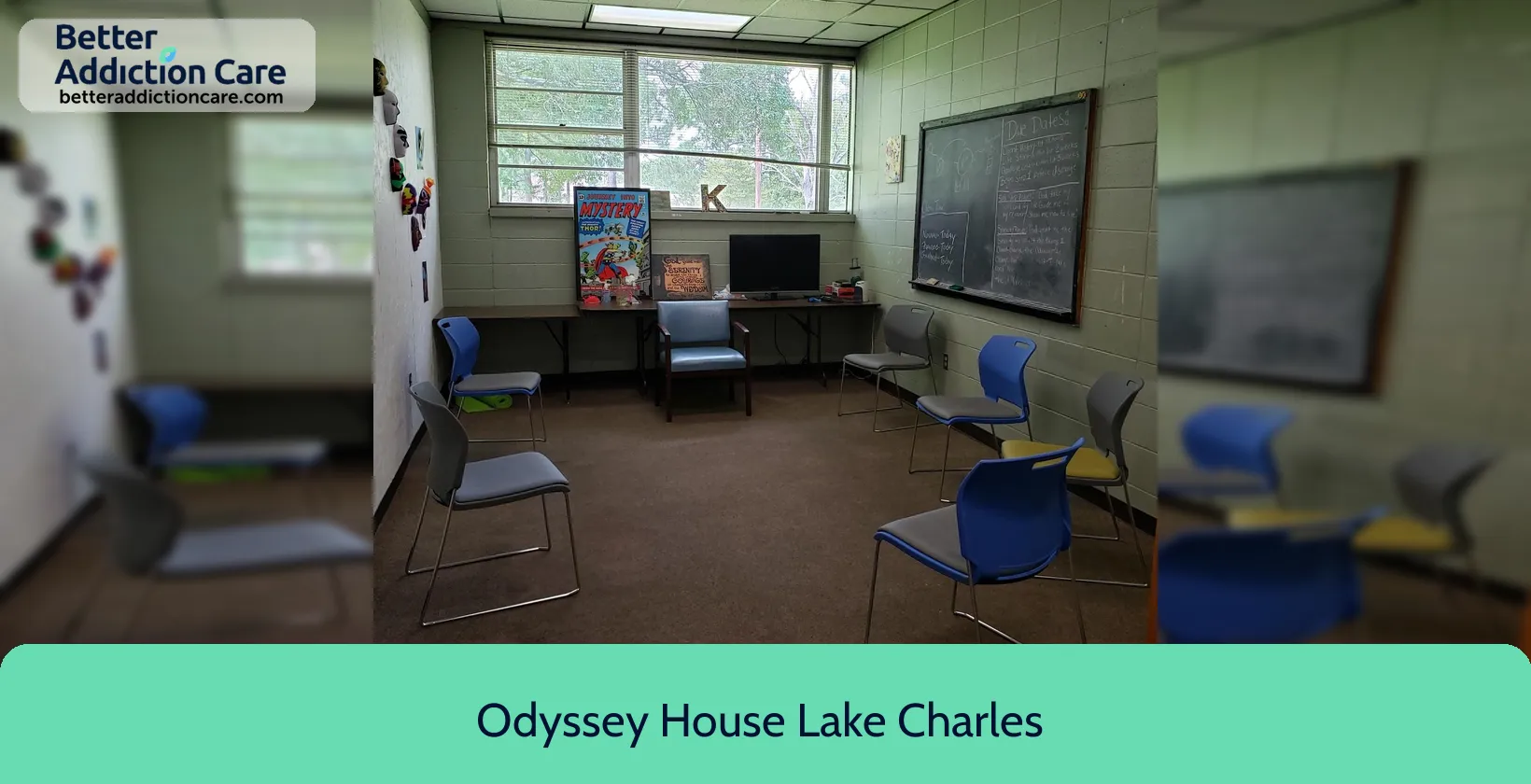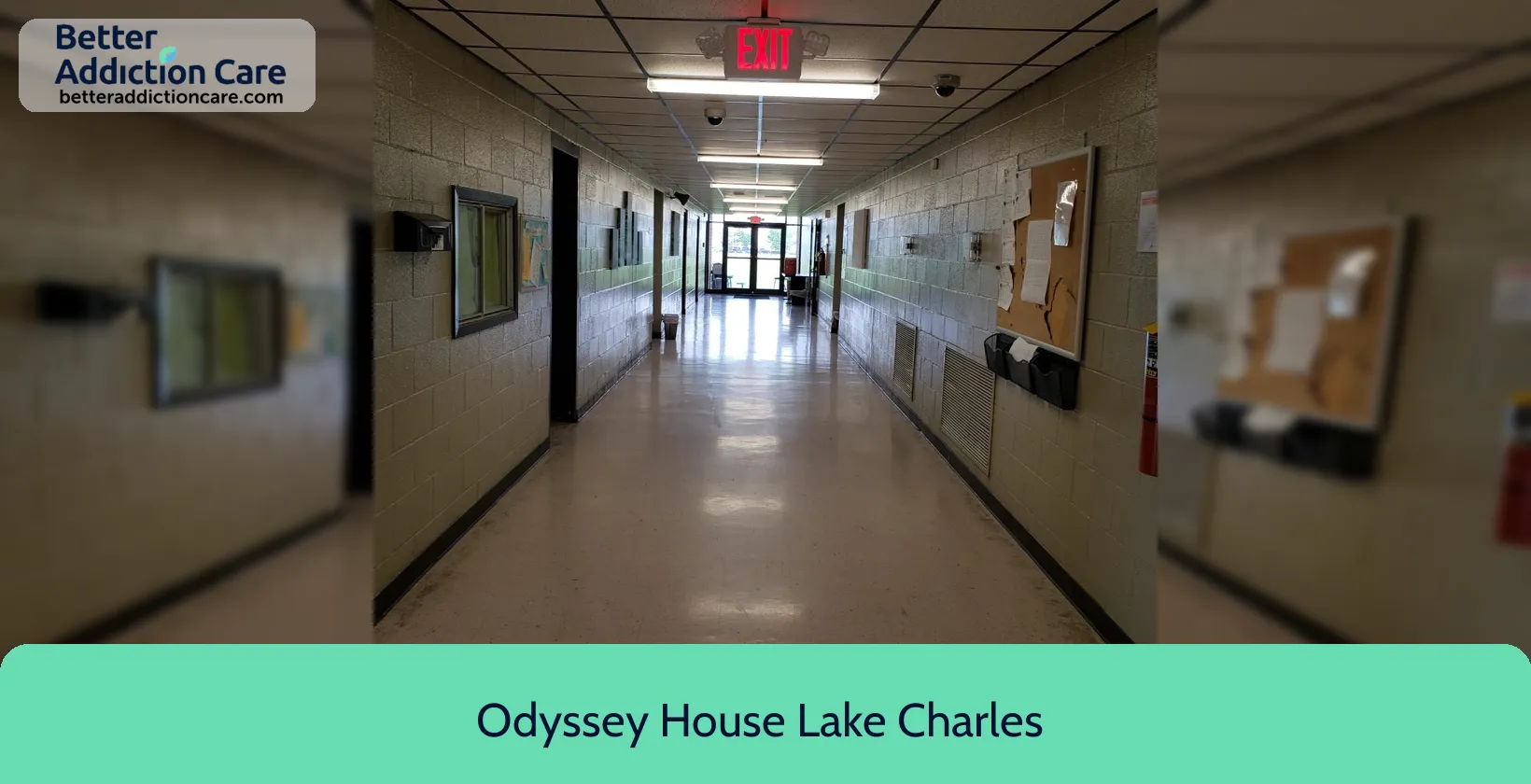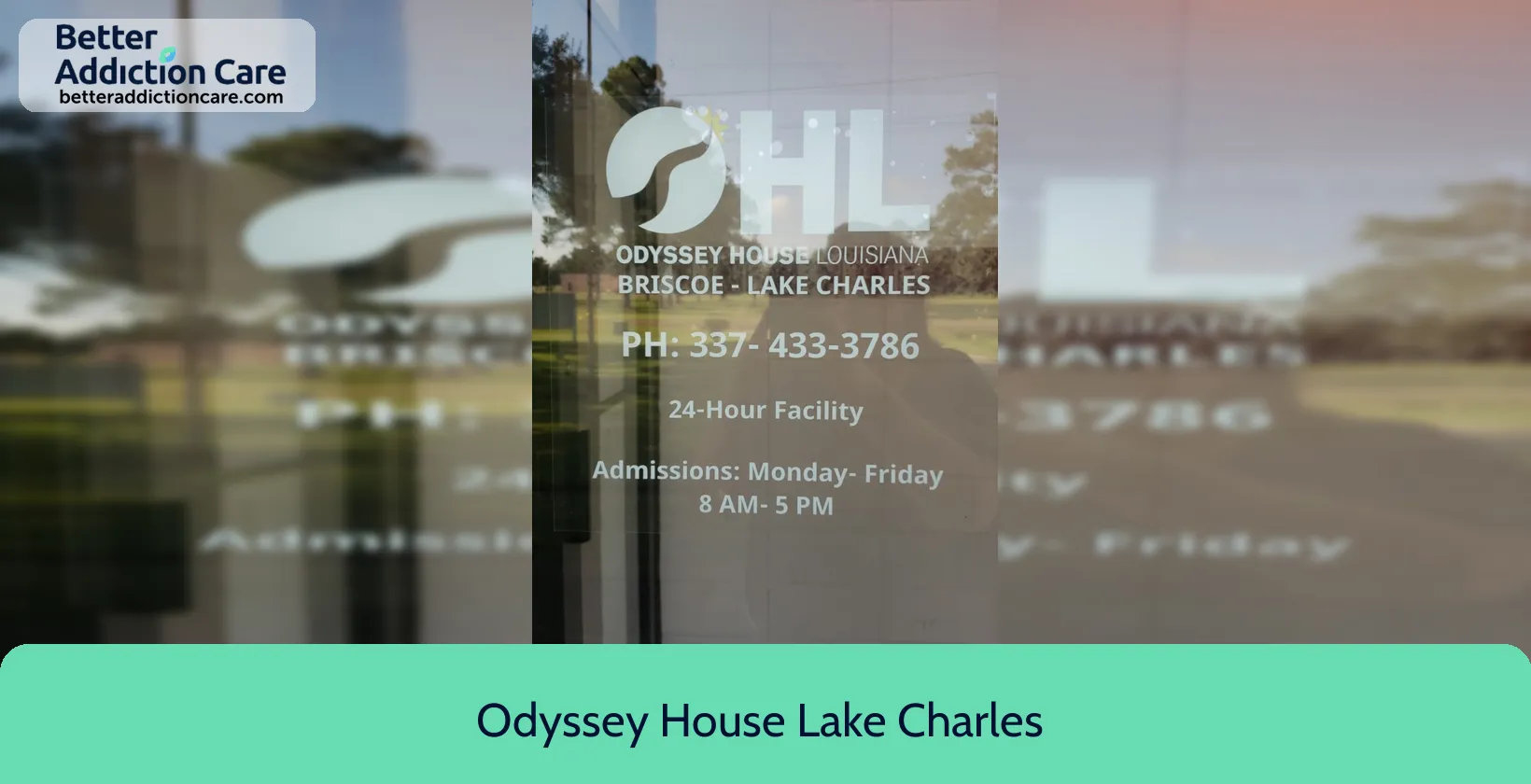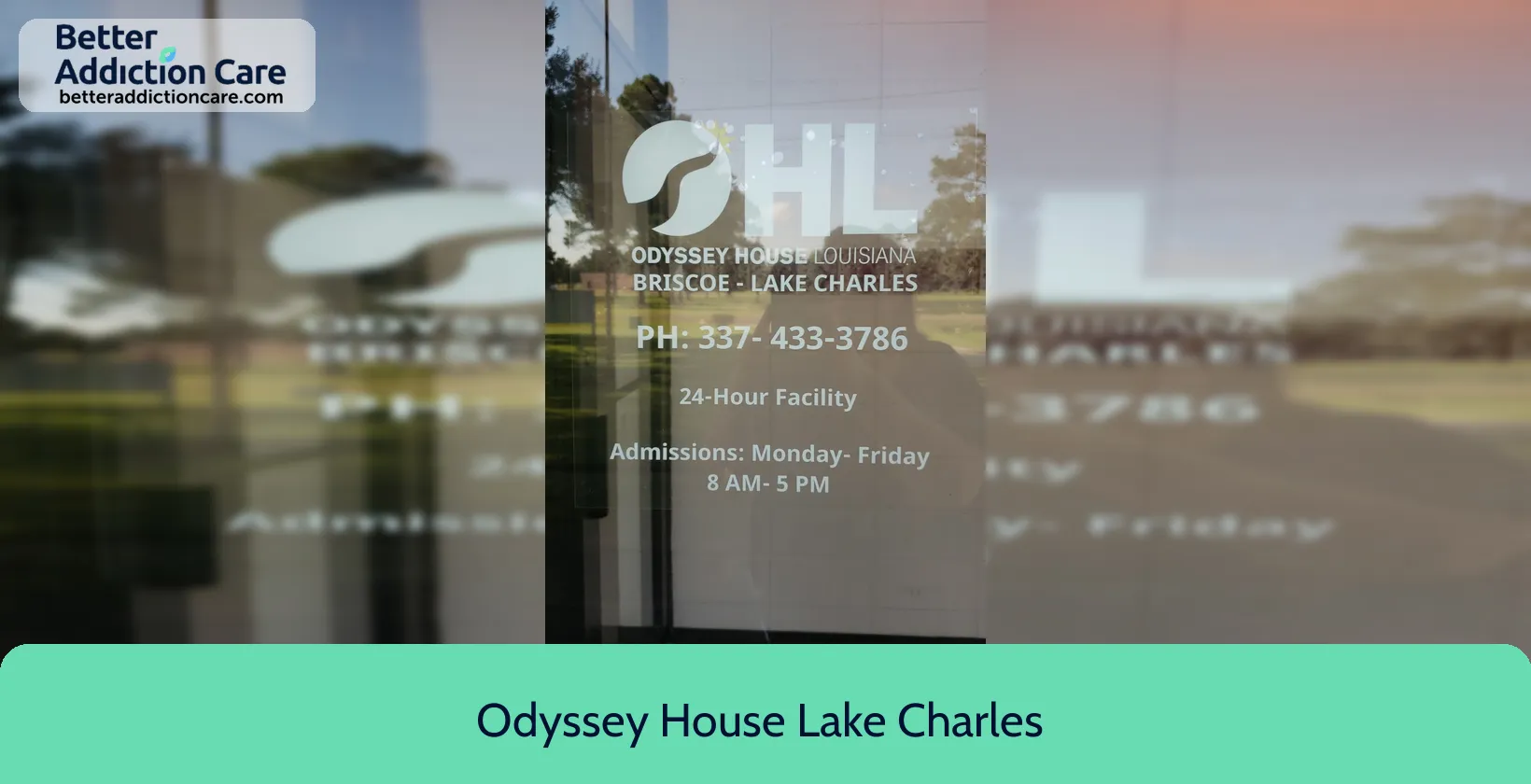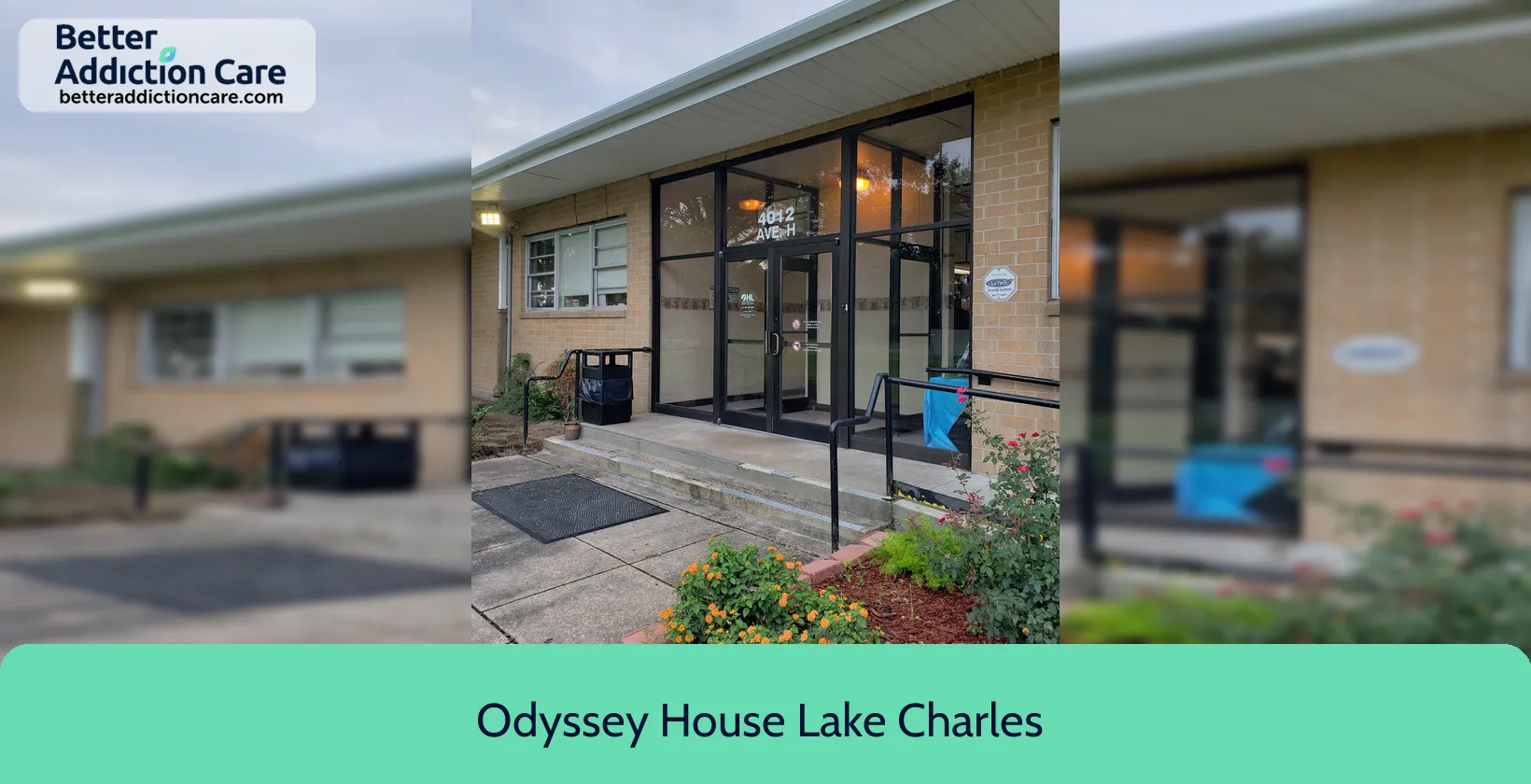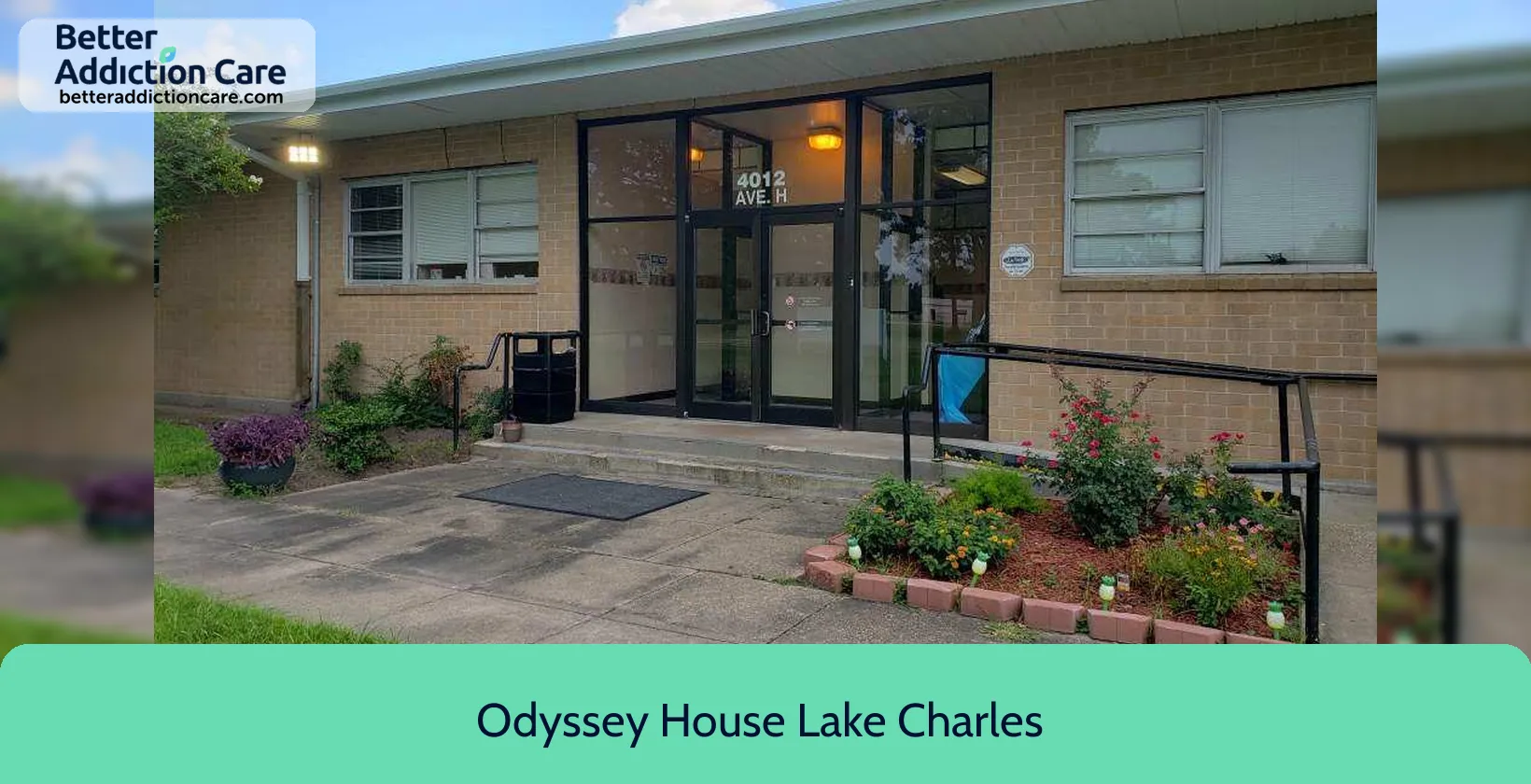Odyssey House Lake Charles - Residential
Overview
Odyssey House Lake Charles - Residential is a substance abuse treatment center for people seeking treatment near Calcasieu County. As part of their treatment modalities for recovery, Odyssey House Lake Charles - Residential provides cognitive behavioral therapy, telemedicine/telehealth therapy, and substance use disorder counseling during treatment. Odyssey House Lake Charles - Residential is located in Lake Charles, Louisiana, accepting medicaid for treatment.
Odyssey House Lake Charles - Residential at a Glance
Payment Options
- Medicaid
- State-financed health insurance plan other than Medicaid
- Federal, or any government funding for substance use treatment programs
- Payment assistance (check with facility for details)
- Cash or self-payment
Assessments
- Screening for tobacco use
- Comprehensive substance use assessment
- Outreach to persons in the community
- Screening for mental disorders
- Screening for substance use
Age Groups
- Young adults
- Adults
Ancillary Services
- Case management service
- Suicide prevention services
- Domestic violence services, including family or partner
- Social skills development
- Transportation assistance
Highlights About Odyssey House Lake Charles - Residential
7.42/10
With an overall rating of 7.42/10, this facility has the following balanced range of services. Alcohol Rehabilitation: 8.00/10, Drug Rehab and Detox: 7.85/10, Treatment Options: 7.82/10, Insurance and Payments: 6.00/10.-
Alcohol Rehabilitation 8.00
-
Drug Rehab and Detox 7.85
-
Treatment Options 7.82
-
Insurance and Payments 6.00
Accreditations
State department of health:

Government agencies issue State Licenses, which grant rehabilitation organizations permission to conduct their operations lawfully within specific geographic regions. Licenses needed to operate are typically determined by the type of rehabilitation program offered by the facility and its physical location.
Council on Accreditation (COA):
The Council on Accreditation (COA) is a non-profit that provides accreditation to human services organizations to ensure they meet high standards in service delivery. The accreditation process involves evaluating the organization's policies, practices, and services to meet specific standards.
Commission on Accreditation of Rehabilitation Facilities (CARF):

CARF accreditation is a prestigious recognition granted to rehabilitation and human service organizations. It signifies that an organization meets high-quality standards, having undergone a rigorous evaluation process. CARF accreditation boosts an organization's credibility and ensures top-notch care for individuals with disabilities, injuries, or healthcare needs.
Treatment At Odyssey House Lake Charles - Residential
Treatment Conditions
- Alcoholism
- Mental health treatment
- Substance use treatment
- Co-occurring Disorders
Care Levels
- Hospital inpatient treatment
- Short-term residential
- Aftercare
Treatment Modalities
- Cognitive behavioral therapy
- Telemedicine/telehealth therapy
- Substance use disorder counseling
- Trauma-related counseling
- Smoking/vaping/tobacco cessation counseling
Ancillary Services
Languages
- Sign language services for the deaf and hard of hearing
Additional Services
- Pharmacotherapies administered during treatment
- Mentoring/peer support
- Breathalyzer or blood alcohol testing
Special Programs
- Clients who have experienced trauma
Get Help Now
Common Questions About Odyssey House Lake Charles - Residential
Contact Information
Other Facilities in Lake Charles

6.65

7.10
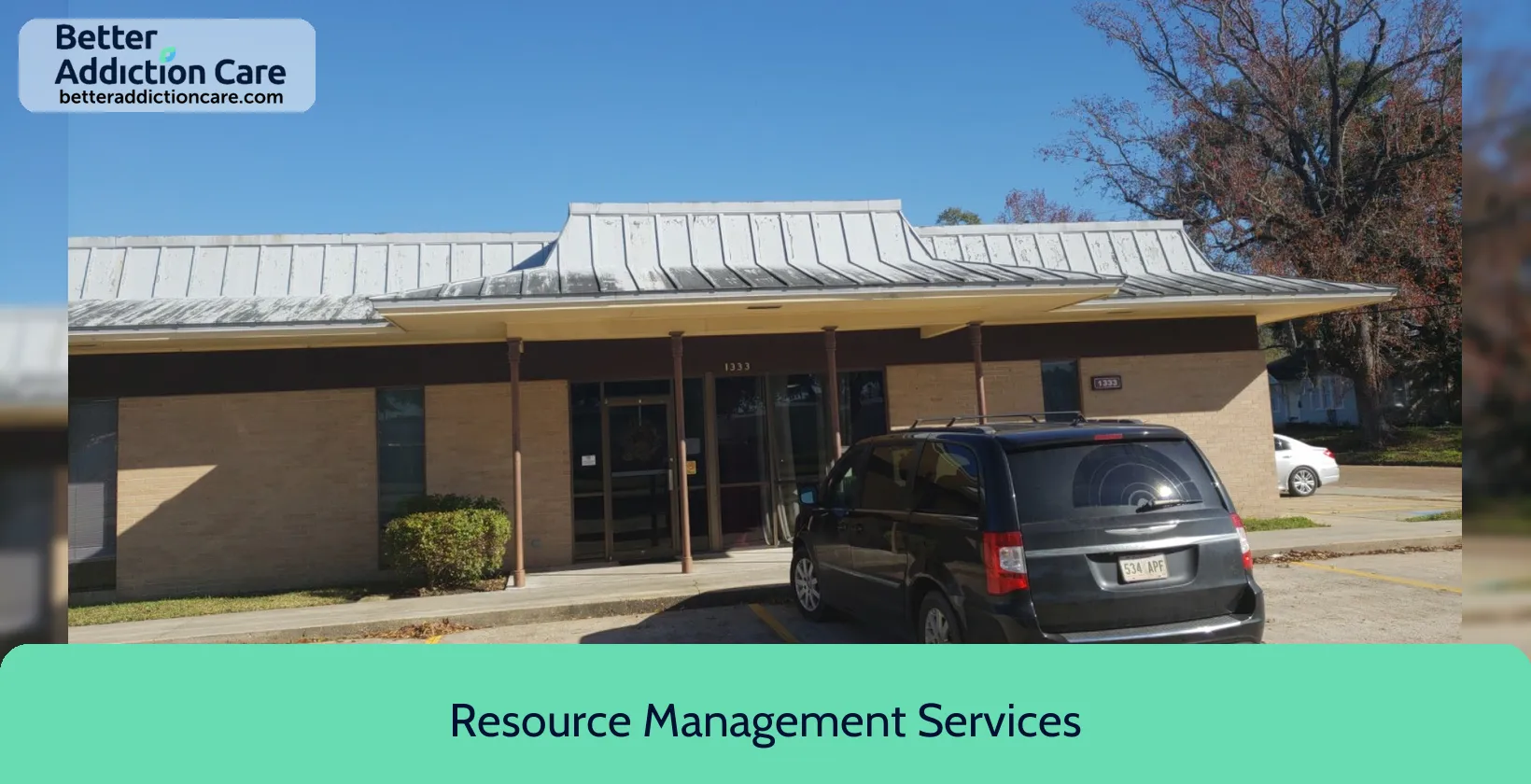
6.62
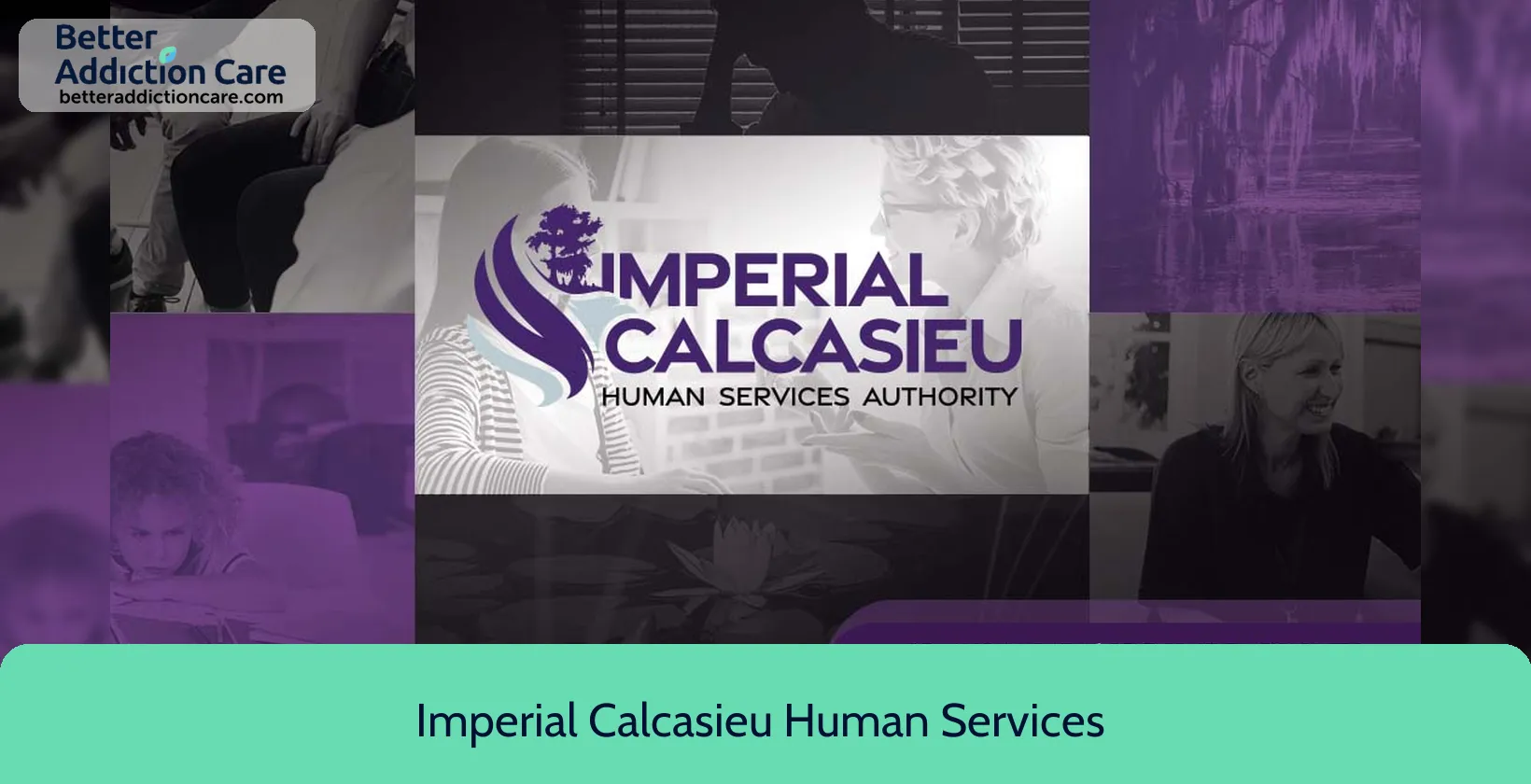
7.33
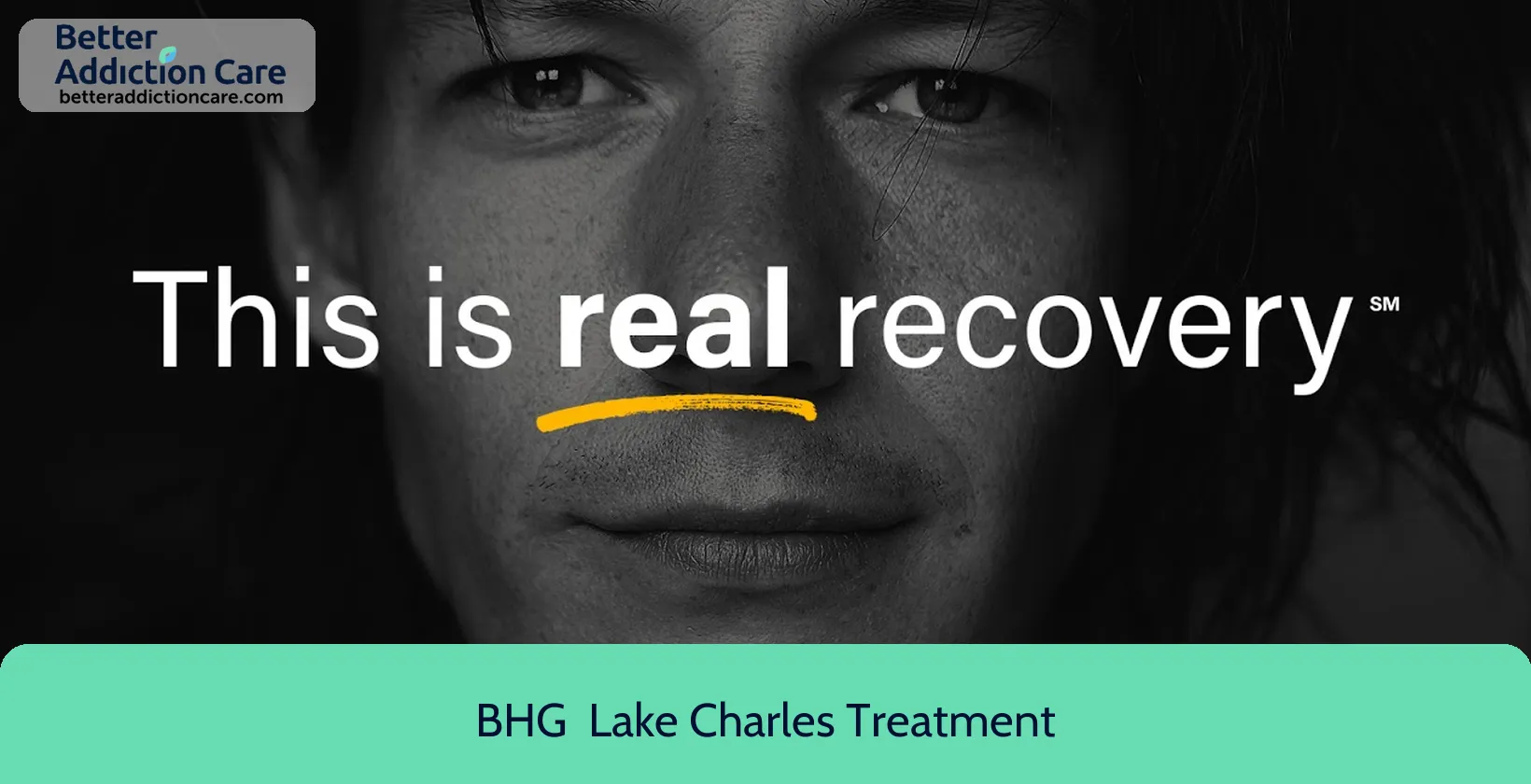
7.28
Browse rehab centers near Lake Charles and in other cities across Louisiana
DISCLAIMER: The facility name, logo and brand are the property and registered trademarks of BHG - Lake Charles Treatment Center, and are being used for identification and informational purposes only. Use of these names, logos and brands shall not imply endorsement. BetterAddictionCare.com is not affiliated with or sponsored by BHG - Lake Charles Treatment Center.
